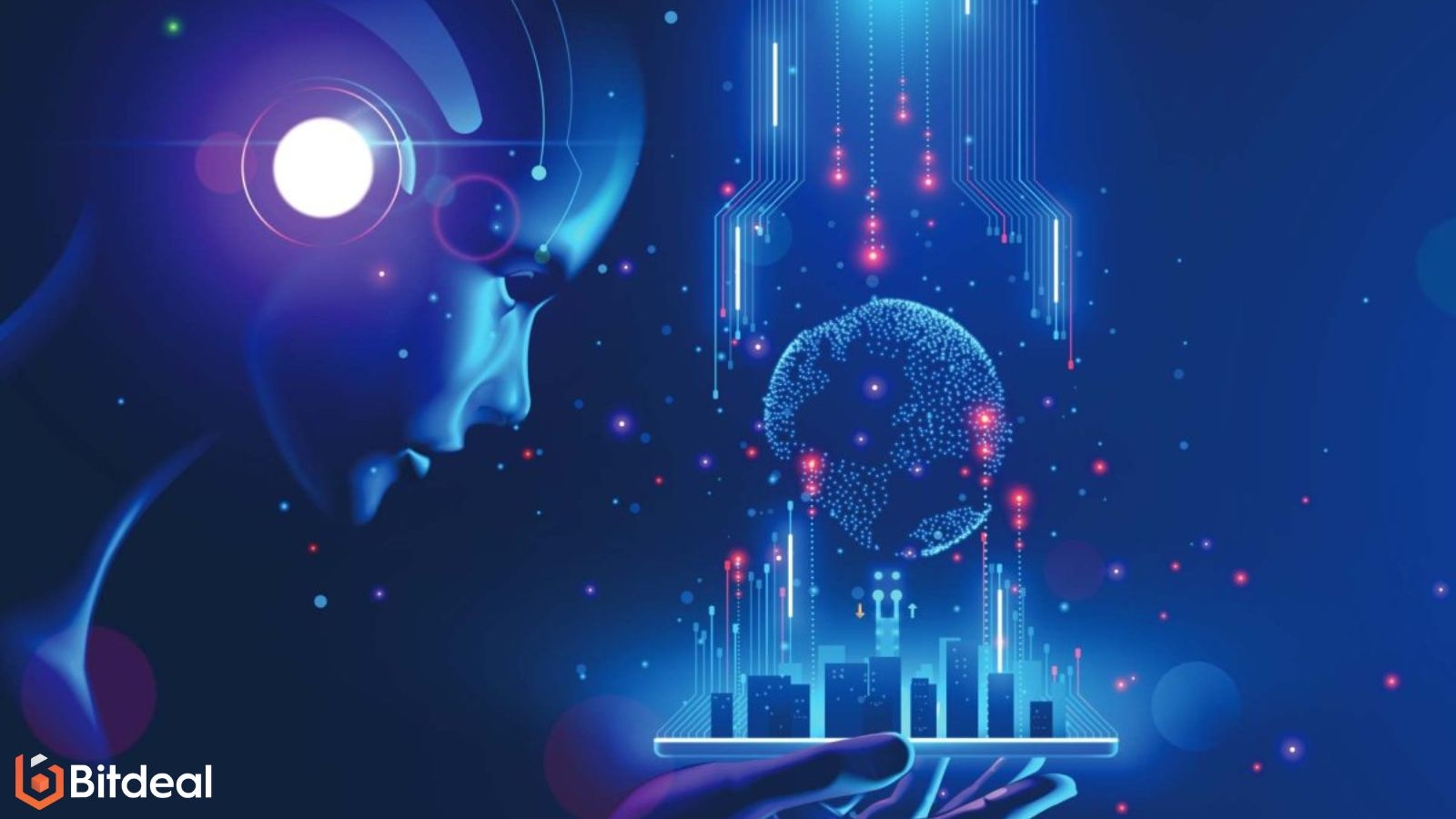Top 6 Applications of AI In Smart Cities Development

Smart Cities embody a forward-thinking model for urban advancement, embodying the fusion of technology, sustainability, and effective governance. Describing this concept entails the incorporation of sophisticated digital infrastructure, information and communication technologies (ICT), and Internet of Things (IoT) solutions to streamline different facets of city life. These urban spaces aim to offer improved living standards, heightened sustainability, and increased efficiency across various sectors.
In this blog, we will discover the major 6 applications of AI in Smart city development.
Intelligent Transportation Systems: AI is revolutionizing transportation within smart cities by optimizing traffic management, facilitating efficient route planning, and enabling predictive maintenance for transportation infrastructure. AI-powered solutions are enhancing the overall commuting experience, reducing congestion, and improving the safety and sustainability of urban mobility.
Smart Energy Management: AI-driven energy management systems are enabling smart cities to optimize energy consumption, integrate renewable energy sources, and proactively manage power distribution. By analyzing consumption patterns and predicting demand fluctuations, AI contributes to sustainable energy practices and the reduction of carbon footprints.
Enhanced Public Safety and Security: AI-based surveillance systems and predictive analytics are playing a pivotal role in enhancing public safety within smart cities. These systems can detect and alert authorities about potential security threats, analyze patterns of criminal activities, and facilitate timely responses to emergencies, thereby ensuring a safer urban environment for residents.
Efficient Waste Management: AI applications are being employed to optimize waste collection routes, improve recycling processes, and reduce the environmental impact of urban waste. By analyzing data related to waste generation and collection, AI helps cities streamline their waste management practices and promote sustainable waste reduction strategies.
Citizen-Centric Services and Engagement: AI-powered platforms are facilitating personalized and responsive services for residents, including streamlined access to public services, customized recommendations, and interactive communication channels with city authorities. These initiatives are fostering a more engaged and empowered citizenry within smart cities.
Smart Governance and Administrative Efficiency: AI is being utilized to streamline administrative processes, enhance decision-making, and improve the overall efficiency of governance within smart cities. From automated administrative tasks to data-driven policy formulation, AI is optimizing the functioning of city administrations and facilitating transparent and accountable governance practices.
If you are looking for information regarding AI in smart city development, then check out the complete detailed blog from the famous AI Development Company Bitdeal.
- Industry
- Art
- Causes
- Crafts
- Dance
- Drinks
- Film
- Fitness
- Food
- Spiele
- Gardening
- Health
- Home
- Literature
- Music
- Networking
- Other
- Party
- Religion
- Shopping
- Sports
- Theater
- Wellness
- News


